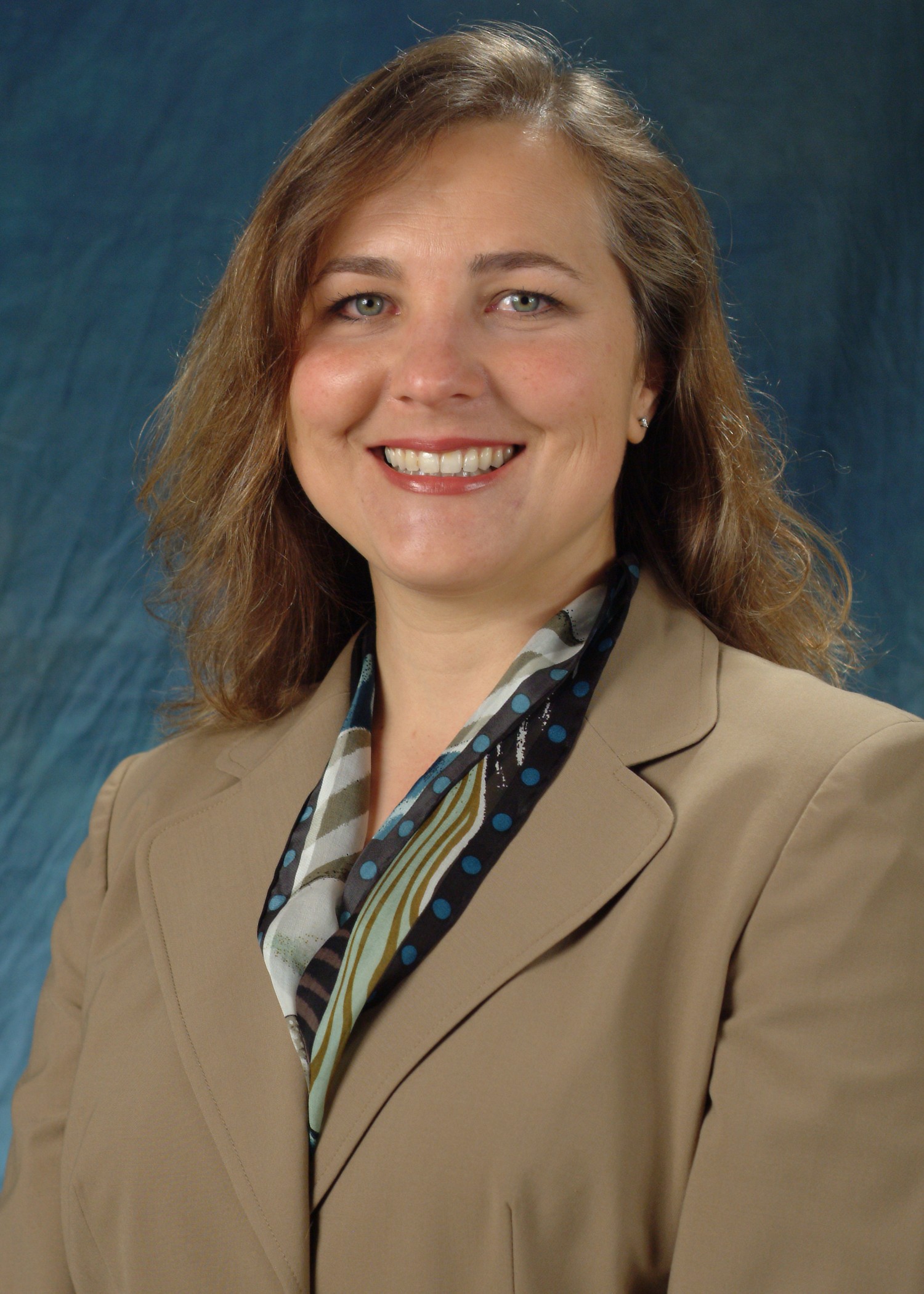Marion duPont Scott Equine Medical Center surgeon awarded research grant from Morris Animal Foundation

Dr. Jennifer Barrett, an assistant professor of equine surgery at Virginia Tech's Marion duPont Scott Equine Medical Center, was recently awarded a grant from the Morris Animal Foundation to conduct research that will help determine better ways to treat lameness in horses, as well as other animal species, such as dogs.
Barrett's research will focus on how to regenerate and repair tendons and ligaments, since injuries to these structures can cause lameness, a common disease among horses. Often, a diagnosis of lameness that cannot be resolved can lead to a horse being retired or unwanted.
"We've found that one method to treat tendon and ligament injuries is to inject stem cells or progenitor cells taken from the patient itself into the affected area," explained Barrett. "Stem cells and progenitor cells are the best ones within the body to help heal tissue, but, depending on where within the body these cells are harvested, it appears that their healing properties are not the same. Currently, there is no information as to which cell type — those from fat, those from bone marrow, or those from tendon — is best suited to provide the healing properties we're looking for.
"Cells that are isolated from fat, for example, do not form cartilage as effectively as cells that are isolated from bone marrow," Barrett said. "What we want to find out is which type of cell is the best to utilize for healing tendon. Our goal is to compare the differences in the capacity of various sources of cells to ultimately repair damaged tendon. The funds from the Morris Animal Foundation grant will greatly assist us in furthering these investigations," she said.
Working in the center's new molecular research lab, Barrett will take stem cells and progenitor cells from three distinct areas of a patient's body and stimulate the cells in vitro; she will then study how easily the cells grow into specific tissue. In addition, she will assess new growth factor combinations to see if there are other ways to make the cells to differentiate to make new tendon.
"Ultimately," Barrett said, "we hope our findings will lead to treatments that will regenerate tendon and cartilage, as well as augment bone healing."
Given that the hospital’s caseload includes horses used for racing, jumping, eventing, dressage, hunting, showing, and pleasure riding, the Marion duPont Scott Equine Medical Center is strategically positioned to examine and treat tendon and ligament injuries of all types of performance horses. Faculty and staff at the center are able to investigate the response to treatment with regenerative medicine in horses with a variety of problems, both acute and chronic.
"The combination of the most state-of-the-art facilities within the main hospital and the equipment and abilities of our new research lab positions the equine medical center to continue to provide translational medicine by bringing research to a therapeutic application," noted Dr. Nat White, the Jean Ellen Shehan professor, and director of the center. "The fact that we are able to provide an unsurpassed level of equine health care services offers a tremendous advantage to horse owners and enthusiasts in this region."
The Morris Animal Foundation has been a faithful partner to animals since its beginning in 1948. The foundation's original goal to improve the health and well-being of dogs and cats has expanded to include horses, llamas, alpacas, and wildlife. This mission is accomplished by funding humane animal health studies that lead to important advances in veterinary medicine.




